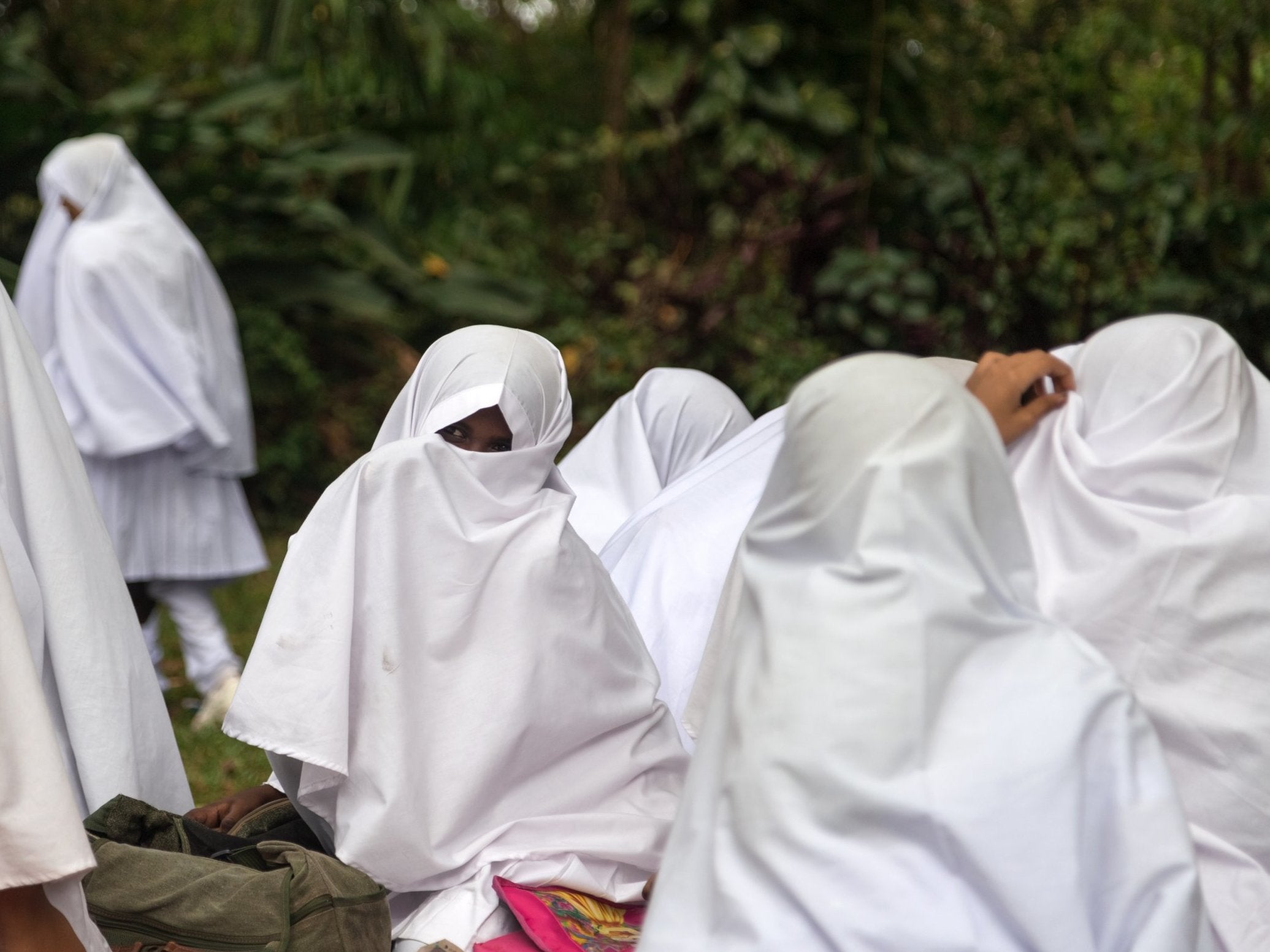Sri Lankan MP calls for burqa ban in wake of Easter massacre
It is not thought at this stage that any of male suicide bombers wore burqas during attacks

Your support helps us to tell the story
From reproductive rights to climate change to Big Tech, The Independent is on the ground when the story is developing. Whether it's investigating the financials of Elon Musk's pro-Trump PAC or producing our latest documentary, 'The A Word', which shines a light on the American women fighting for reproductive rights, we know how important it is to parse out the facts from the messaging.
At such a critical moment in US history, we need reporters on the ground. Your donation allows us to keep sending journalists to speak to both sides of the story.
The Independent is trusted by Americans across the entire political spectrum. And unlike many other quality news outlets, we choose not to lock Americans out of our reporting and analysis with paywalls. We believe quality journalism should be available to everyone, paid for by those who can afford it.
Your support makes all the difference.A Sri Lankan MP has proposed a ban on women wearing the burqa in the wake of the Easter Sunday bombings, which killed at least 359 people and were claimed yesterday by Isis.
Ashu Marasinghe submitted a private member’s motion to parliament stating that the garment, which covers the whole body and the face, was “not a traditional Muslim attire” and should be outlawed on security grounds.
The Sri Lankan authorities believe the attacks on Sunday at three churches and three international hotels were carried out by a group of local Islamist extremists with possible support from Isis.
On Wednesday, a police spokesman said there had been nine suicide bombers on Sunday, including one woman who detonated a bomb vest as officers raided a home linked to the attackers.
It is not thought at this stage that any of the male suicide bombers wore burqas during the attacks.
CCTV footage from outside St Sebastian’s church in Negombo, one of the worst-hit targets, appeared to show a bomber in jeans and a shirt casually entering the church before detonating a device in a backpack.
Nonetheless, Mr Marasinghe said that the burqa had been used “around the world” by men, to hide their identity and carry out acts of terrorism. “Accordingly, considering the national security I propose to ban the burqa,” he said.
Few of Sri Lanka’s Muslim minority community actually wear the full-face veil, but the issue of a possible ban has been raised repeatedly in recent years. Some, though not all, Muslim leaders defend the burqa as a matter of freedom of religious expression.
Join our commenting forum
Join thought-provoking conversations, follow other Independent readers and see their replies
Comments